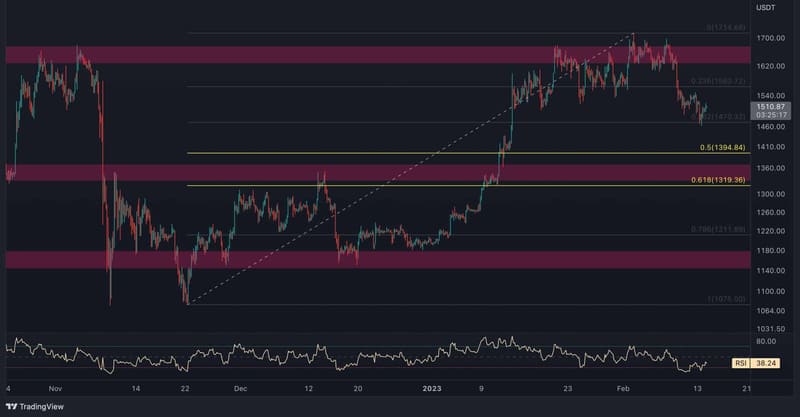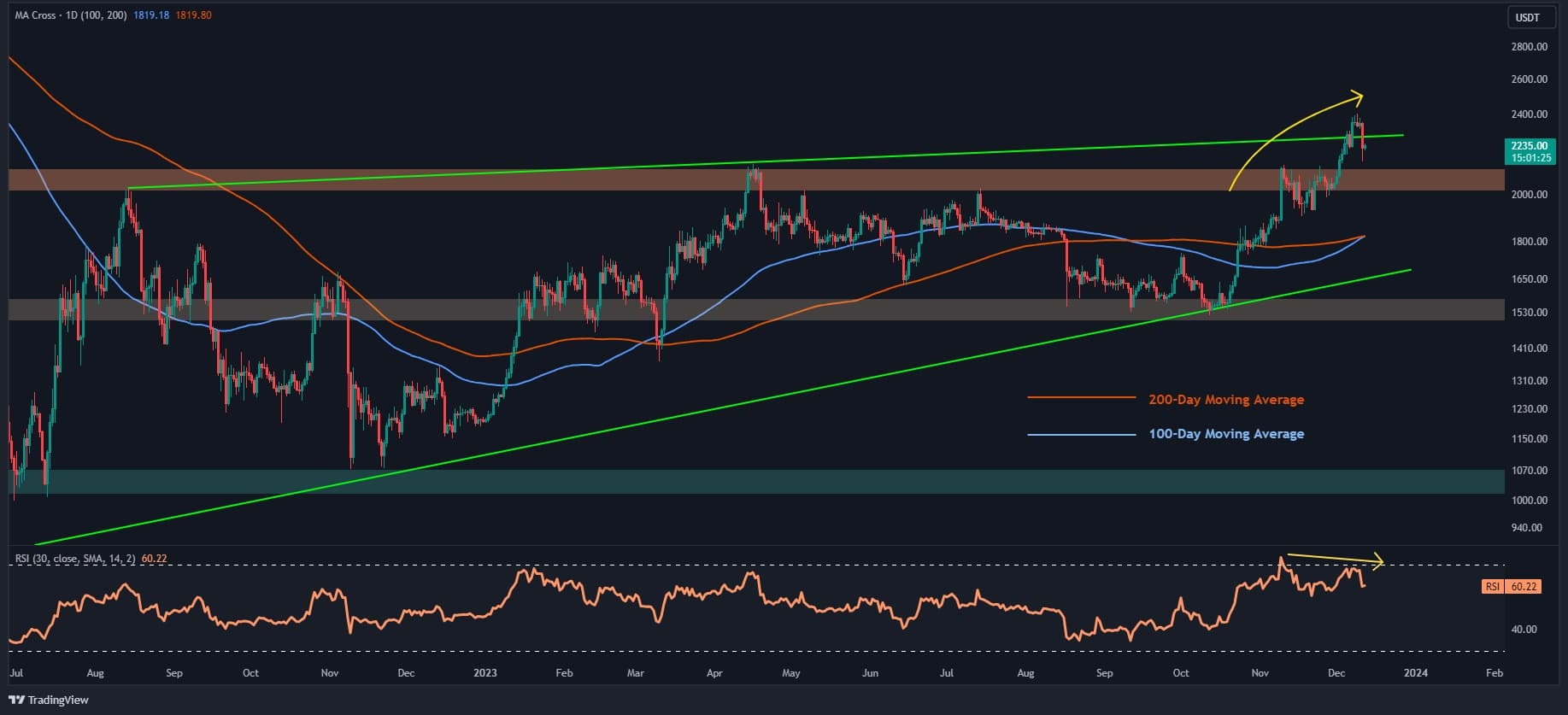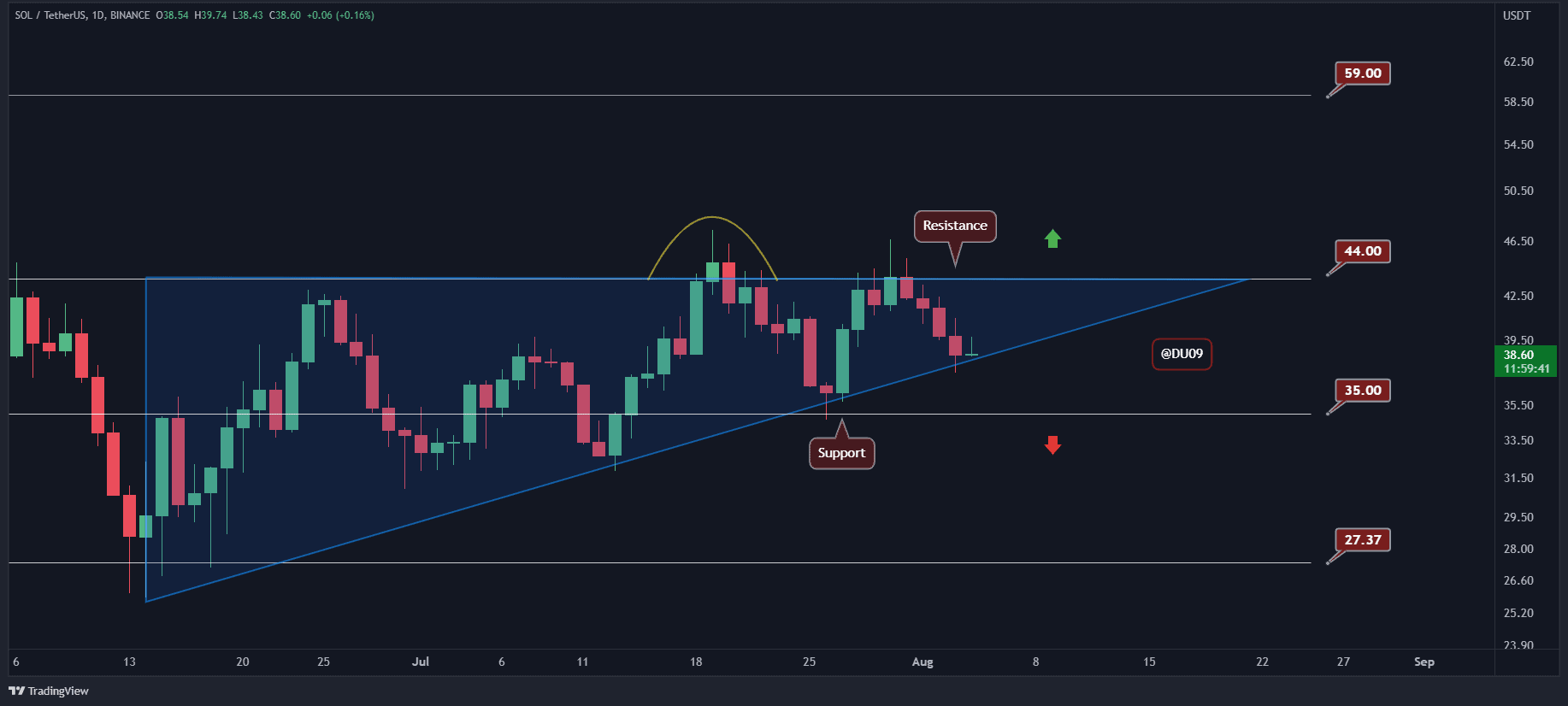
2020 has proven to be a challenging year for both the planet and the global financial system. Issues such as the Australian wildfires and the ongoing COVID-19 pandemic have wreaked havoc worldwide, deeply impacting various sectors. However, while many industries have suffered, some have thrived and especially fintech companies and cryptocurrencies.
Stocks in the banking sector have been struggling, while fintech companies and leading cryptocurrencies like Bitcoin and Ethereum have experienced notable growth. Innovative companies such as Square and PayPal have massively outperformed traditional banks in terms of stock performance, while Bitcoin has seen impressive price growth and Ethereum has delivered an even more substantial surge.
Banks’ Year-to-Date Struggles
Before the COVID-19 crisis, the stocks of many major banks had been performing well since the 2008 financial crisis. For example, Bank of America shares saw a nearly tenfold increase from 2009 to their peak in February 2020, reaching around $35. Similarly, Citigroup stocks rose from $15 to $80, JP Morgan Chase from $20 to $140, and Wells Fargo surged from $11 to above $50.
However, the COVID-19-induced economic crisis led to dramatic drops in March 2020, with some bank stocks losing as much as 50% of their value within days. While the market has since recovered slightly, the year-to-date performance of many major banks remains negative. As of now, JPMorgan is down 30%, Bank of America is down 33%, Citigroup has lost 46%, and Wells Fargo has suffered the worst, with a 58% year-to-date drop.
Other financial services, such as Western Union and American Express, have also experienced notable declines of 17% and 19%, respectively. Even renowned investor Warren Buffet, a longtime supporter of the banking sector, sold off the majority of his bank stocks this year.
Fintech Companies Are Thriving
Despite the downturn in traditional banking stocks, several fintech companies have not only recovered from the crisis but have actually seen significant growth. Mastercard and Visa, which suffered major declines in March, have managed to return to slightly positive performance for the year.
However, PayPal and Square have far outperformed both the banks and other financial service companies. PayPal’s stock has surged by 94% since the start of 2020, even after a brief slump in mid-March. Square, led by Jack Dorsey, has seen an astounding 178% increase in its stock value during the same period.
Both companies have also expanded into the cryptocurrency space, further driving their growth. Square made headlines by purchasing $50 million worth of Bitcoin, while PayPal recently announced that it would enable its U.S.-based customers to buy, sell, and store several cryptocurrencies.
Bitcoin and Ethereum: Dominating the Digital Space
The cryptocurrency market was not immune to the mid-March market crash, with Bitcoin dropping to around $3,700 and Ethereum falling below $100. However, both Bitcoin and Ethereum have rebounded significantly throughout the remainder of the year.
Bitcoin, often regarded as a store of value similar to gold, has seen a remarkable 80% price increase year-to-date. Recently, it charted a new yearly high of over $13,000, driven by growing interest from institutional investors, the third halving event, and large companies purchasing Bitcoin as part of their portfolios.
Ethereum, the second-largest cryptocurrency, has also had an exceptional year, largely due to the rise of decentralized finance (DeFi) projects, most of which are built on the Ethereum blockchain. While the network has faced challenges such as high fees and slow transactions, Ethereum’s price has surged over 200% in 2020, making it the top-performing asset compared to Bitcoin and fintech stocks.
What Does This Shift Mean for the Future?
The events of 2020, particularly the COVID-19 pandemic, have accelerated a global shift toward digitization. With more people working from home and adhering to social distancing guidelines, the demand for digital solutions has skyrocketed, especially in finance. The rise of fintech companies and cryptocurrencies indicates that the financial world is becoming more digital and decentralized, leaving traditional banks behind in the process.
As digital finance becomes the new normal, the decline of traditional financial institutions and the rise of digital currencies and fintech companies may be just the beginning of a broader transition to an online-first financial ecosystem. This shift represents a fundamental change in how people think about money, transactions, and the future of finance.



